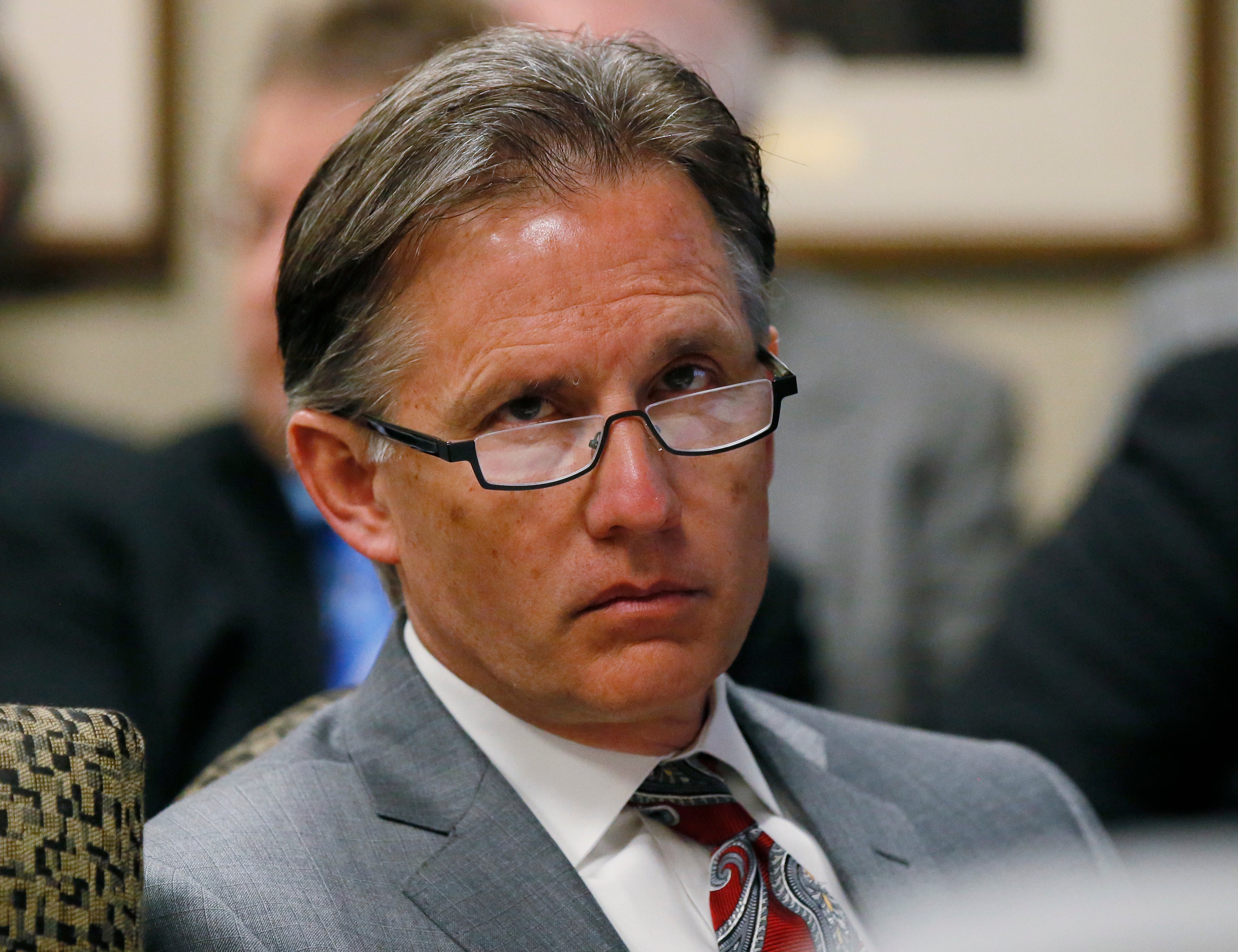Oklahoma seeking to return $2M worth of hydroxychloroquine
Oklahoma is attempting to return $2 million worth of hydroxychloroquine

Your support helps us to tell the story
From reproductive rights to climate change to Big Tech, The Independent is on the ground when the story is developing. Whether it's investigating the financials of Elon Musk's pro-Trump PAC or producing our latest documentary, 'The A Word', which shines a light on the American women fighting for reproductive rights, we know how important it is to parse out the facts from the messaging.
At such a critical moment in US history, we need reporters on the ground. Your donation allows us to keep sending journalists to speak to both sides of the story.
The Independent is trusted by Americans across the entire political spectrum. And unlike many other quality news outlets, we choose not to lock Americans out of our reporting and analysis with paywalls. We believe quality journalism should be available to everyone, paid for by those who can afford it.
Your support makes all the difference.The Oklahoma attorney general's office is attempting to return $2 million worth of a malaria drug once touted by former President Donald Trump as an effective treatment for COVID-19, a spokesman said Wednesday.
Alex Gerszewski, a spokesman for Attorney General Mike Hunter, said Hunter is attempting to negotiate a return of the 1.2 million hydroxychloroquine pills Oklahoma acquired in April from a California-based supplier, FFF Enterprises. He said the office was acting on a request from the Oklahoma State Department of Health, which authorized the purchase.
A spokeswoman for FFF Enterprises didn't immediately return a message Wednesday seeking comment.
The attempt by Oklahoma to return the hydroxychloroquine was first reported by the online news publication The Frontier.
Republican Gov. Kevin Stitt defended the purchase last year, saying the drug was showing some promise as a treatment in early March and he didn't want to miss an opportunity to acquire it.
“I was being proactive to try and protect Oklahomans,” Stitt said at the time.
The drug has since been shown to have little or no effect on severe cases of COVID-19, and a former state health official chalked up Oklahoma’s purchase to something that happens in “the fog of war.”
While governments in at least 20 other states obtained more than 30 million doses of the drug through donations from the federal reserve or private companies, Oklahoma and Utah bought them from private pharmaceutical companies.
Then-Utah Gov. Gary Herbert, a Republican, initially defended the state’s $800,000 purchase of 20,000 packets of hydroxychloroquine compounded with zinc, but later canceled an additional plan to spend $8 million more to buy 200,000 more treatments. The state then managed to secure a refund on the $800,000 no-bid contract it signed with a local pharmacy company that had been promoting the drugs.
The CEO of the pharmacy company has since pleaded guilty to a federal misdemeanor for mislabeling the drug imported from China. Dan Richards, the operator of Meds In Motion, acknowledged receiving large amounts of the drug from an unregistered manufacturer in China incorrectly labeled as an herbal supplement.
His lawyer has said he trying to help procure as much of the product as possible because at the time it seemed like a promising treatment for the coronavirus.
___
Associated Press reporter Lindsay Whitehurst contributed to this report from Salt Lake City.